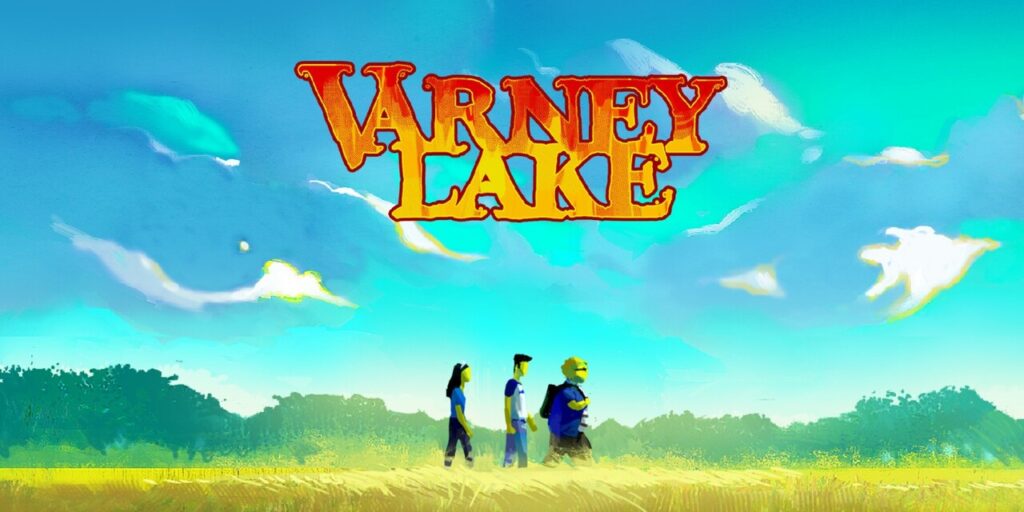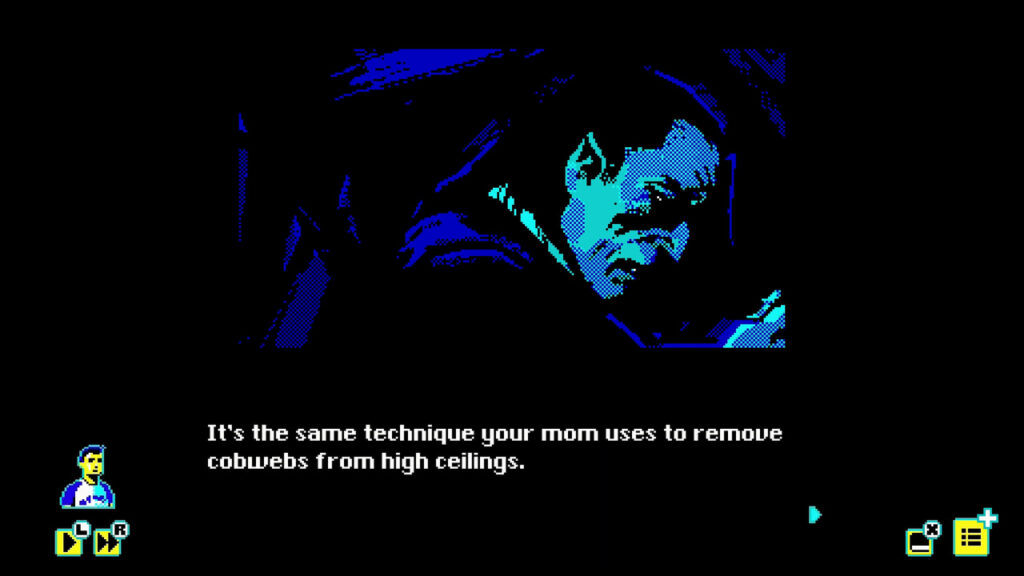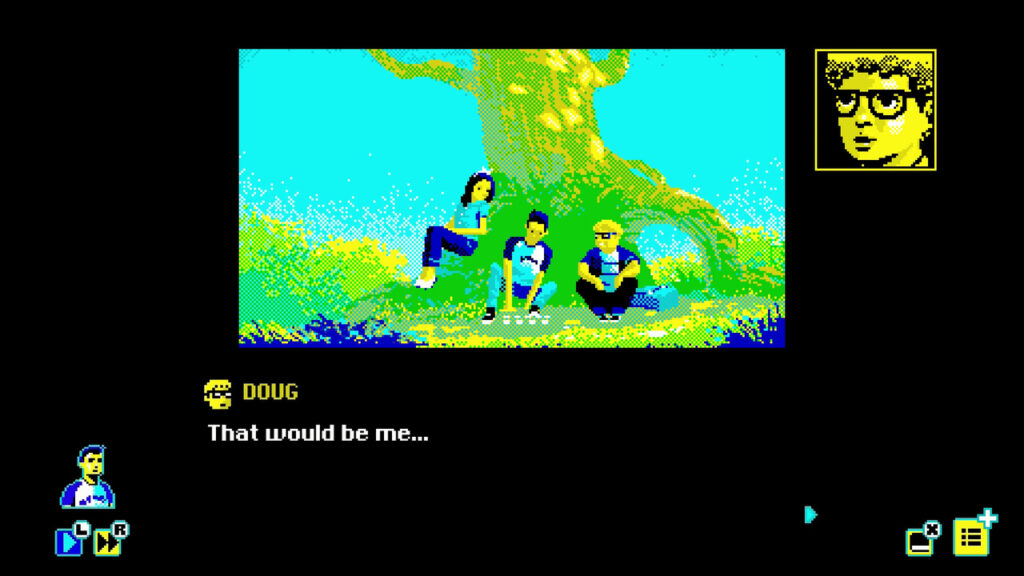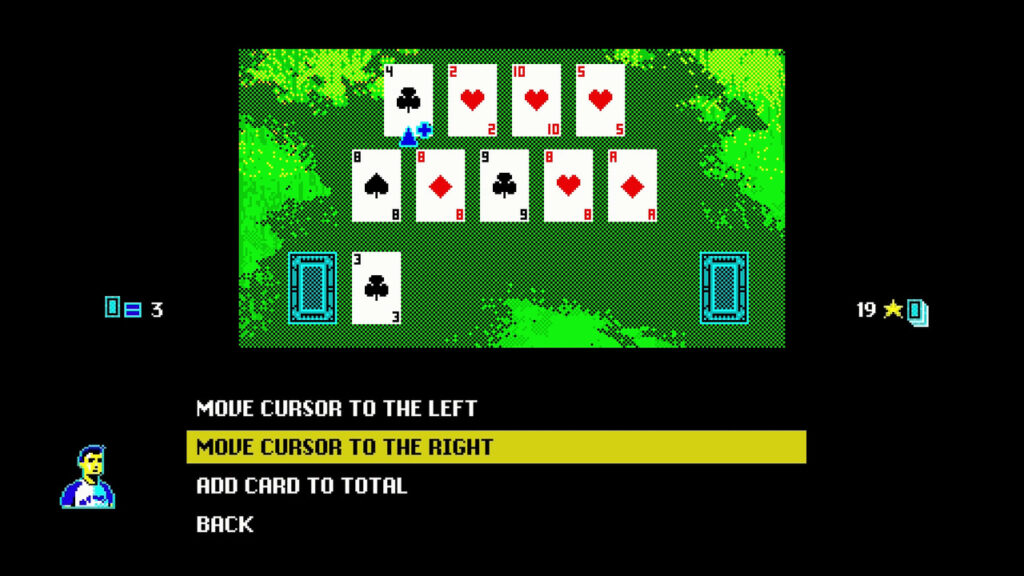
Developer: LCB Game Studio
Publisher: Chorus Worldwide
Platform: PC, Switch, PS4, PS5, Xbox One, Xbox Series X|S
Tested on: PC
Varney Lake – Review
If you haven’t read our review of Mothmen 1966, you should probably do so before you continue reading this one, even if Varney Lake, the second entry in LC Game Studio’s Pixel Pulp series of visual novels is supposedly a standalone story. The two tales are intrinsically tied to one another after all, if not by subject matter then by presentation and overall atmosphere. Convergently, if you liked Mothmen 1966, you’re going to love what’s on offer here. If you didn’t play the predecessor, or if you’re still on the fence about whether you liked it or not, you can read on to find out if Varney Lake is up your alley.
Story
The Pixel Pulp series takes inspiration from actual American pulp magazines that ran from the late 1800s to the late 1950s. If you’re unfamiliar with what these were like, they were relatively cheap collections of horror stories involving mysteries, cryptids, and other creepy things. Subsequently, the stories presented in the Pixel Pulp series could have been ripped from the pages of one of these magazines, although with the added element of the story being influenced by readers’ choices. Varney Lake provides a fantastic example of the genre, perhaps even more so than its predecessor. Set in the summer of 1954, Varney Lake introduces us to a group of friends, Jimmy, Christine, and Doug, who cross paths with an actual vampire. The ensuing story spans several decades, taking things well into the ‘80s, and fans of Mothmen 1966 can even look forward to meeting a familiar face along the way.
The reveal of the vampire happens early on, at least early enough that we wouldn’t consider this a major spoiler, even though there is some buildup towards the reveal of the creature. The moment when the teenagers discover exactly what they are dealing with is brilliant and defines Varney Lake. What follows is a surprisingly gripping story with a high replay value, and we’d be doing the story a disservice by giving away too much. If the premise is intriguing enough, you should simply give this one a chance for the story, even if the audiovisual presentation doesn’t necessarily resonate with you.
Graphics
The striking retro visuals that we first saw in Mothmen 1966 make their return here, and although we weren’t entirely convinced by what that first game looked like, we did enjoy Varney Lake’s art a lot more than that of the previous title. We’re not entirely sure if that is because we already knew what to expect or simply because what’s present here is more aesthetically pleasing though. The game brilliantly juxtaposes the bright colors of summer with the dark and shadowy places where the vampire prefers to spend his time in. Still, we can imagine that the ZX-spectrum-like visuals will remain as divisive as they were with the prior release.
Sound
While Varney Lake’s visuals might be divisive, we can’t really imagine anyone being a fan of the visual novel’s audio. The presence of actual chiptune-esque music could have made a major difference here, but instead, we’re presented with shrill and loud beeps and boops for sound effects. There isn’t a whole lot to Varney Lake’s soundscape and what’s present is painful and obnoxious. We highly recommend simply turning down the sound on your PC or console and listening to something of your own instead.
Gameplay
Just like with its predecessor, Varney Lake transcends the classic visual novel by adding gameplay elements beyond simply making choices that alter the outcome of the story. That’s still the foundation of Varney Lake’s “gameplay”, of course, but where Mothmen 1966 broke this up by adding simple puzzles, Varney Lake takes things even further by incorporating actual minigames. These sprout from the mind of Doug, one of Varney Lake’s protagonists. One of his defining character traits is that he comes up with new games for his friends to play. The dice and card games are quite fun for how simplistic they are, and the way the rules are introduced is handled brilliantly. Instead of a dry step-by-step explanation, Doug explains things in a dialogue with his friends. The same unfortunately can’t be said for the obligatory fishing minigame, which takes a while to figure out. Even the tutorial for this didn’t quite offer a satisfying explanation of how things worked.
A single playthrough of Varney Lake will take around three hours, although the game has a high replay value thanks to its branching endings. It’s also a highly accessible affair, despite outwardly appearing like a niche title for retro enthusiasts. In this regard, it’s perhaps a more mainstream title than Mothmen 1966, with the story taking cues from both Stephen King novels and Stranger Things. Varney Lake’s minigames are laidback affairs as well, requiring attention but not quick reflexes or complicated button inputs. In this way, the visual novel’s opening act being set during a lazy summer feels appropriate, even if the pacing is noticeably slower than that of Mothmen 1966.
Conclusion
If you already played and enjoyed Mothmen 1966, then picking up Varney Lake should be a no-brainer, as this feels like a logical continuation of the Pixel Pulp series. If you’re a newcomer, however, we recommend starting out with this title, as it’s clearly the more accessible option, both in terms of storytelling and in the way things are handled in terms of “gameplay”. Even though game’s soundscape definitely feels like a missed opportunity, and whether or not the ZX Spectrum visuals will resonate with you is going to be subjective, the storytelling is as good as ever.
1 Comment
Leave a Reply
You must be logged in to post a comment.









[…] visuals make use of a limited color palette, reminiscent of ZX Spectrum-era games (and their modern reimaginings), but these are then juxtaposed against full-color backgrounds filled with lush detail. Lighting […]